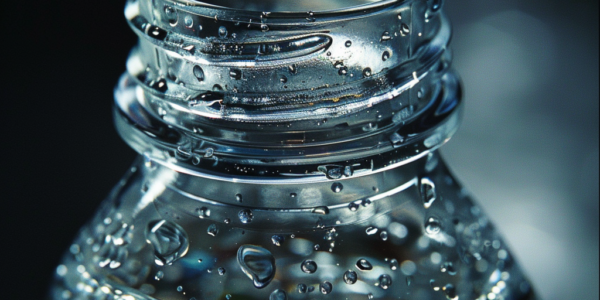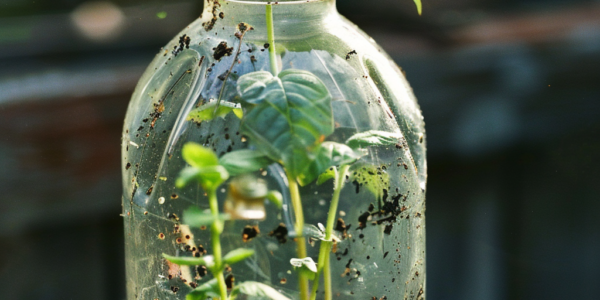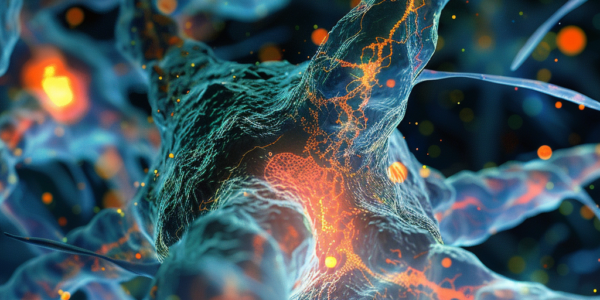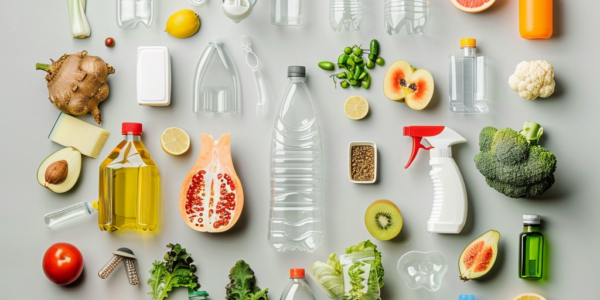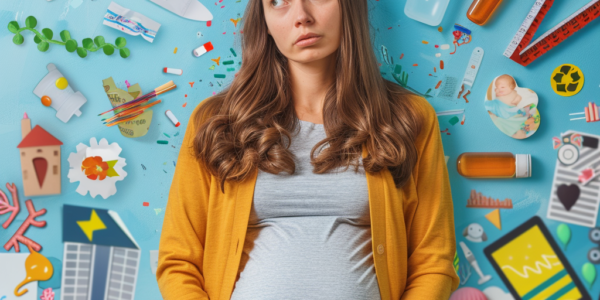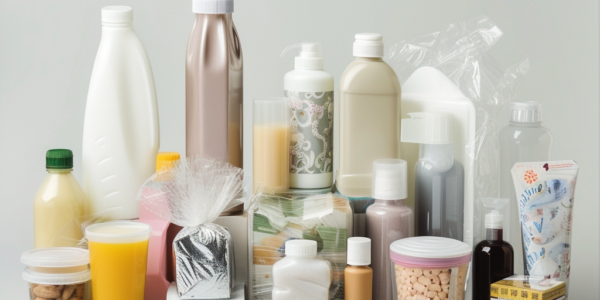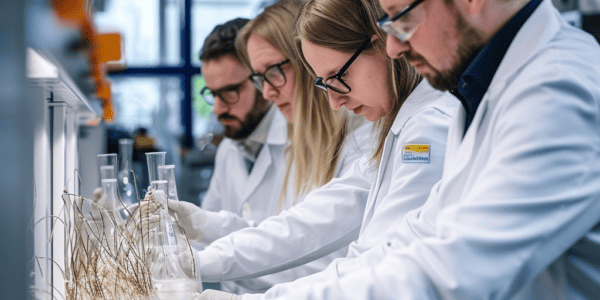Study Reveals Alarming Levels of Nanoplastics in Bottled Water
Groundbreaking study reveals alarming amount of nanoplastics in bottled water, posing potential health risks. Dr. Phoebe Stapleton co-authored the study, finding that each liter of water contains an average of 240,000 particles from seven different types of plastics, with nearly 90 percent being potentially dangerous nanoplastics. The study raises concerning questions about the impact of these particles on the human body, warranting further research and investigation into the safety of consuming water containing such high levels of plastic particles.
Gardening Expert Shares Brilliant Idea for Repurposing Plastic Waste into Mini Greenhouses
Learn how to repurpose plastic waste into mini greenhouses for sowing seeds during the winter months. This innovative hack involves transforming gallon jugs into functional containers for growing perennials, annuals, and vegetables. Not only does this upcycling project create a sustainable solution for plastic waste, but it also promotes cost-effective and healthy practices for growing one’s own food. The positive reception of this eco-friendly initiative is evident in the enthusiastic comments from viewers, reflecting the widespread interest in sustainable practices.
Study Finds Micro- and Nanoplastics Passed on During Cell Division
A recent study reveals that micro- and nanoplastic particles persist in the human body and are transmitted to newly formed cells during division, potentially enhancing tumor metastasis. The findings, published in ‘Chemospheres’, highlight the effects of plastic particles on cancer cells in the gastrointestinal tract.
Report Highlights Health Hazards of Endocrine Disrupting Chemicals in Plastics and Pesticides
A new report by the Endocrine Society and IPEN highlights the health hazards associated with Endocrine Disrupting Chemicals (EDCs) found in plastics and pesticides. The report raises concerns about the risks to human health and emphasizes the urgent need to address the implications of these chemicals. With EDCs being linked to hormone-related health conditions, the report serves as a wake-up call to the potential risks associated with these chemicals in our daily lives.
Rising Preterm Birth Rates in the U.S. Cause Concern Among Experts
New federal data from the CDC shows a 12% increase in preterm births in the U.S. between 2014 and 2022, leaving doctors puzzled. Factors such as obesity, hypertension, diabetes, and environmental exposure to hormone-disrupting chemicals and air pollution are believed to be contributing to the rise. Preterm births, accounting for 1 in 10 births in the U.S., can lead to severe health effects on infants.
Rise in Premature Births Linked to Synthetic Chemicals in Food Packaging and Personal Care Products
A new study suggests that synthetic chemicals found in food packaging and personal care products, known as phthalates, could be contributing to the rise in premature births. These ‘everywhere chemicals’ have been shown to disrupt hormones and impact the functioning of the placenta, potentially triggering preterm labor. The study identified a specific phthalate, DEHP, commonly found in food packaging, as a significant contributor to preterm births, raising concerns about their potential impact on public health.
Geologist Discovers Plastistones Formed from Plastic Pollution on Trindade Island
In a shocking revelation, geologist Fernanda Avelar Santos has discovered the presence of plastistones, rocks formed from plastic pollution, on Trindade Island, located 1,140km off the coast of Brazil. These plastistones are a result of the fusion of plastic debris,…
Study Reveals Microplastic Travel Distance in Atmosphere Influenced by Shape
A recent study by scientists at the University of Vienna and the Max Planck Institute for Dynamics and Self-Organisation in Göttingen has revealed that the travel distance of microplastics in the atmosphere is significantly influenced by their shape. The study…

